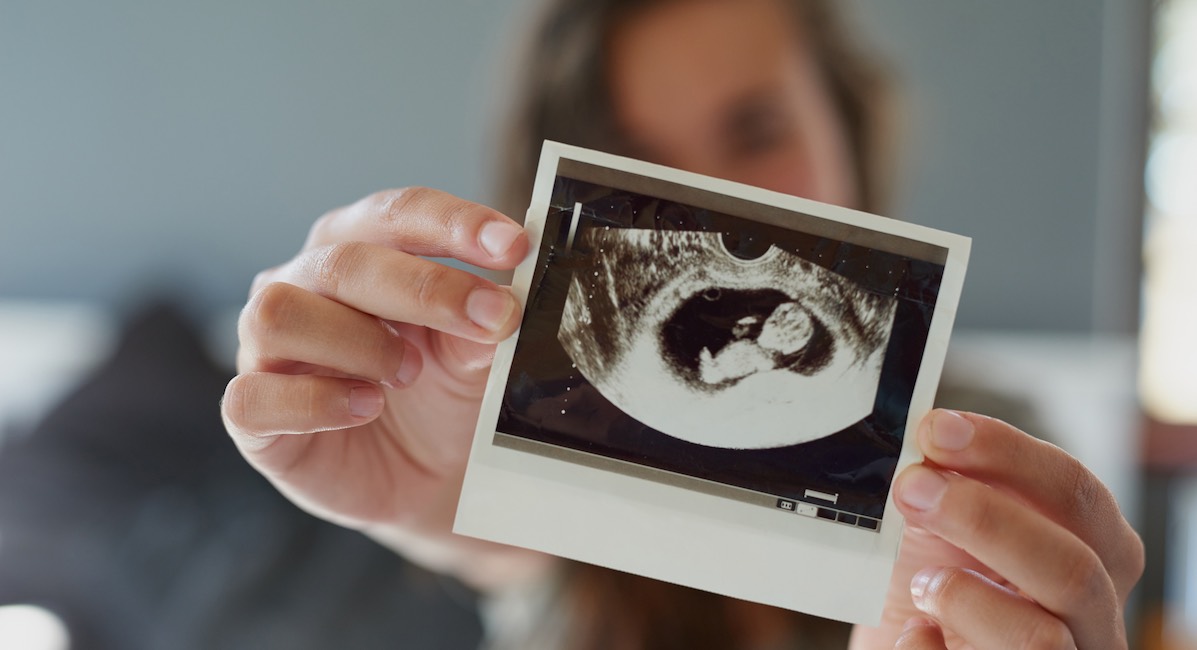The Ohio Supreme Court has agreed to review a decision by a county judge blocking the state’s heartbeat law.
S.B. 23 was originally passed in 2019, but was blocked by a federal court judge. After Roe v. Wade was overturned, it was reinstated, and briefly remained in effect.
In October of 2022, Judge Christian Jenkins issued an indefinite injunction against the law, which protects preborn children from abortion once a heartbeat can be detected, typically at about six weeks gestation. Jenkins had issued a temporary injunction in September for two weeks, only for him to extend it another two weeks; he then blocked the law indefinitely.
Jenkins argued that the abortion industry plaintiffs in a lawsuit were likely to succeed, as the law is “unconstitutional.” The case of a 10-year-old girl who had been raped was cited, even though the law contains medical exceptions which would have allowed her to get an abortion. “Abortion is safe health care to which Ohioans have a right,” Jenkins wrote, adding, “It is simply wrong to state, as many do, that a right does not exist because it is not specifically listed in the constitution.”
Attorney General Dave Yost requested that the 1st District Court of Appeals overturn Jenkins’ ruling in December, but they declined. He then asked the state Supreme Court to step in.
The Supreme Court has agreed to consider two legal issues: Jenkins’ order blocking the heartbeat law, and whether or not abortion facilities have legal standing to challenge the law on behalf of their patients. Yost said the decision on the latter issue can have far-reaching repercussions. “Third-party standing is very rare, but it’s routinely used in abortion cases,” he said, according to Cincinnati.com. “This is going to set the rules of the road in court for Ohio for years to come.” The court refused to review the right to abortion under the Ohio constitution.
While the law remains blocked, abortion is permitted in Ohio through 20 weeks gestation.








